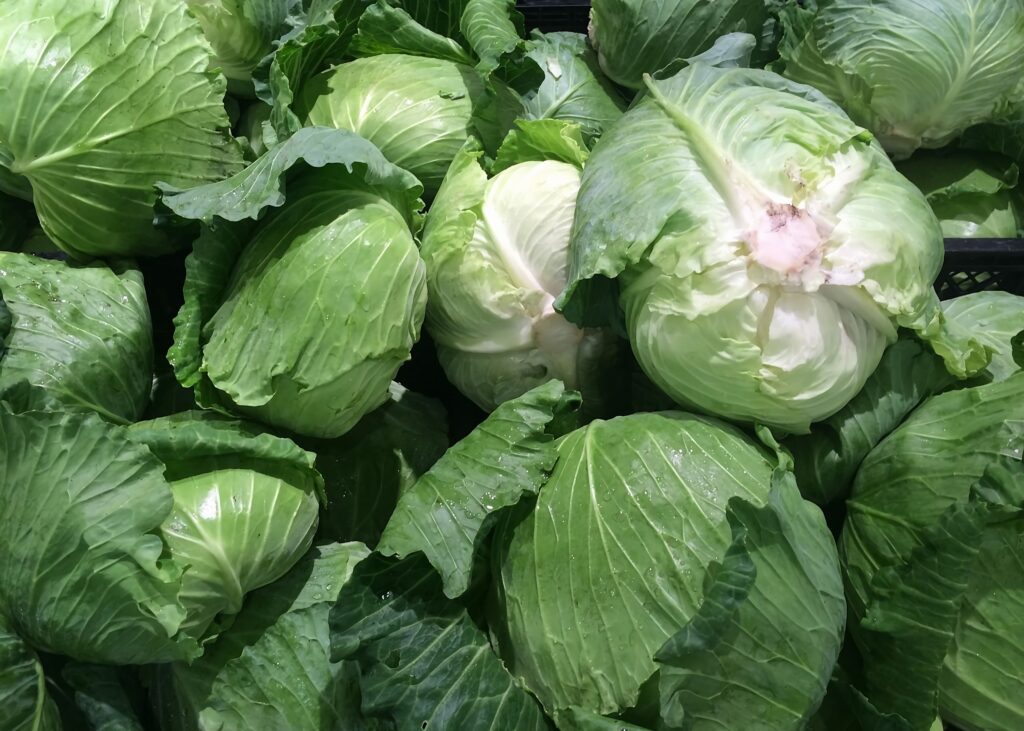Indonesia, an archipelago with vast natural resources and fertile land, has long been a major player in the global agricultural market. The country’s diverse climate and rich soil support the cultivation of a wide range of crops, making agriculture a cornerstone of its economy. This article explores the key agricultural products exported from Indonesia, the benefits and challenges of the industry, and its potential for future growth.
Key Agricultural Products
1. Palm Oil
Indonesia is the world’s largest producer and exporter of palm oil. Palm oil is derived from the fruit of the oil palm tree and is used in a wide range of products, from cooking oil to cosmetics and biofuels. The country’s vast plantations, particularly in Sumatra and Kalimantan, contribute significantly to the global supply of palm oil.
2. Rubber
Natural rubber, produced from the latex of rubber trees, is another major export product. Indonesia is the second-largest producer of natural rubber globally, with extensive plantations in Sumatra, Kalimantan, and Java. Rubber is a crucial raw material for the automotive and manufacturing industries.
3. Coffee
Indonesia is renowned for its high-quality coffee, particularly the Arabica and Robusta varieties. Regions such as Sumatra, Java, and Sulawesi are famous for their unique coffee profiles. Indonesian coffee is highly sought after in international markets, known for its rich flavor and aroma.
4. Cocoa
Cocoa is another significant agricultural export. Indonesia ranks among the top cocoa producers globally, with the majority of cocoa plantations located in Sulawesi. Indonesian cocoa is prized for its quality and is a vital ingredient in the global chocolate industry.
5. Spices
Indonesia, historically known as the Spice Islands, continues to be a leading exporter of various spices, including nutmeg, cloves, pepper, and cinnamon. These spices are integral to global cuisine and are highly valued for their flavor and medicinal properties.
6. Fisheries and Aquaculture
Indonesia’s extensive coastline and marine resources make it a major exporter of fish and seafood products. Tuna, shrimp, and seaweed are among the top exports, catering to the global demand for seafood.
7. Tropical Fruits
Tropical fruits such as bananas, pineapples, mangosteen, and dragon fruit are increasingly popular in international markets. Indonesia’s climate allows for year-round cultivation of these fruits, making them a reliable export product.
Benefits of Agricultural Exports
Economic Growth
Agricultural exports contribute significantly to Indonesia’s GDP. They provide income for millions of farmers and create employment opportunities in rural areas. The export of agricultural products also generates foreign exchange earnings, bolstering the national economy.
Diversification of Exports
Diversifying the range of exported agricultural products reduces reliance on a single commodity, making the economy more resilient to market fluctuations. This diversification helps stabilize the agricultural sector and promotes sustainable economic growth.
Technological Advancements
The demand for high-quality agricultural exports drives technological advancements in farming practices. The adoption of modern agricultural techniques, improved seed varieties, and efficient irrigation systems enhance productivity and product quality.
Global Market Integration
Participating in the global agricultural market integrates Indonesia with international trade networks. This integration fosters partnerships, enhances knowledge exchange, and opens up new markets for Indonesian products.
Challenges in Agricultural Exports
Climate Change
Climate change poses a significant threat to agriculture, affecting crop yields and the quality of produce. Unpredictable weather patterns, rising temperatures, and increased pest and disease incidence require adaptive strategies to mitigate their impact.
Sustainability Concerns
The expansion of agricultural plantations, particularly palm oil and rubber, often leads to deforestation and environmental degradation. Sustainable farming practices and certifications, such as RSPO (Roundtable on Sustainable Palm Oil), are essential to address these concerns.
Infrastructure and Logistics
Efficient infrastructure and logistics are crucial for exporting agricultural products. Inadequate transportation networks, storage facilities, and port infrastructure can hinder export efficiency and increase costs.
Quality Standards and Regulations
Meeting international quality standards and regulatory requirements can be challenging. Compliance with sanitary and phytosanitary measures, as well as traceability and certification standards, is necessary to access and maintain markets.
Future Potential
Organic and Fair-Trade Products
The global demand for organic and fair-trade products is on the rise. Indonesian farmers can capitalize on this trend by adopting organic farming practices and obtaining fair-trade certifications, adding value to their products and accessing premium markets.
Value-Added Products
Developing value-added products, such as processed foods, ready-to-eat meals, and packaged snacks, can enhance export value. This diversification into value-added segments provides higher profit margins and reduces dependency on raw commodity exports.
Agri-Tourism
Agri-tourism offers a unique opportunity to promote Indonesian agricultural products while attracting tourists. Farm visits, agricultural festivals, and culinary tours can showcase Indonesia’s agricultural diversity and heritage, creating additional revenue streams.
Digital Agriculture
The adoption of digital technologies in agriculture, such as precision farming, remote sensing, and blockchain for supply chain transparency, can improve efficiency and product traceability. Digital agriculture enhances productivity, reduces waste, and ensures better market access.
Conclusion
Indonesia’s agricultural export sector holds immense potential for growth and diversification. With its rich natural resources, diverse agricultural products, and strategic geographic location, the country is well-positioned to meet the increasing global demand for sustainable and high-quality agricultural products. Addressing challenges through innovation, sustainability, and improved infrastructure will be key to unlocking the full potential of Indonesia’s agricultural exports and driving future economic prosperity.




